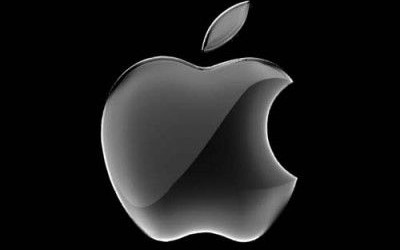-
Tips for becoming a good boxer - November 6, 2020
-
7 expert tips for making your hens night a memorable one - November 6, 2020
-
5 reasons to host your Christmas party on a cruise boat - November 6, 2020
-
What to do when you’re charged with a crime - November 6, 2020
-
Should you get one or multiple dogs? Here’s all you need to know - November 3, 2020
-
A Guide: How to Build Your Very Own Magic Mirror - February 14, 2019
-
Our Top Inspirational Baseball Stars - November 24, 2018
-
Five Tech Tools That Will Help You Turn Your Blog into a Business - November 24, 2018
-
How to Indulge on Vacation without Expanding Your Waist - November 9, 2018
-
5 Strategies for Businesses to Appeal to Today’s Increasingly Mobile-Crazed Customers - November 9, 2018
IPhone, iPad chip patent defeat leaves Apple facing huge bill
Apple Inc. could end up paying 2 million in damages after losing a patent lawsuit over its processors.
Advertisement
The iPhone maker was ruled to have used the university’s microchip technology without permission in certain iPhones and iPads.
WARF says Apple ignored its offers to license the patent in question, which meant Apple would have paid a fee to the school. However, that could be the least of Apple’s concerns.
The Tuesday ruling, by U.S. District Judge William Conley, can potentially force Apple to pay damages of up to $862.4 million. Though it could also go high if the court finds that the company has been deliberately infringing on these patents.
WARF launched the case at the start of 2014, alleging infringement of the 1998 patent, which relates to improving chip efficiency. The trial will now move on to determine how much Apple owes in damages.
Apple argued that the university’s patent was invalid and tried to convince the U.S. Patent and Trademark Office to review it, but a jury in Wisconsin found the patent to be valid. Still, the folks at Cupertino may well be wary of the litigious academics: last month, the university filed a similar complaint, accusing Apple of using the same technology in its A9 and A9X chips without a licence.
If found guilty when the case comes to trial, Apple could be facing yet more damages.
Patently Apple presents only a brief summary of certain legal cases/ lawsuits which are part of the public record for journalistic news purposes.
Both Apple and WARF declined to comment on the matter when asked by Motherboard.
Advertisement
This will not be the first time that WARF has taken a major tech company to trial as, back in 2008, they also took Intel to court over the same patent claim, but Intel made a decision to settle out of court before the trial began.




























